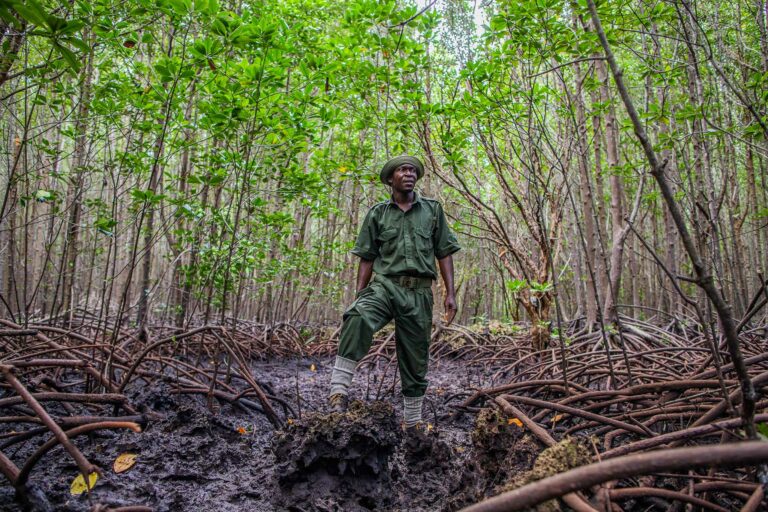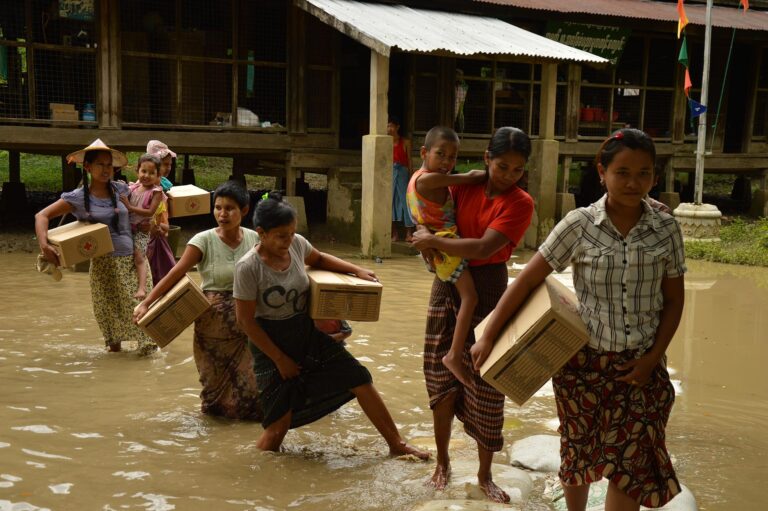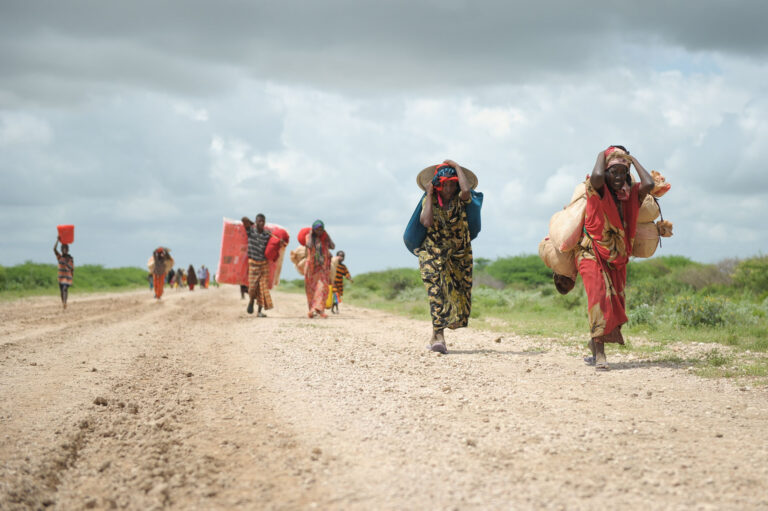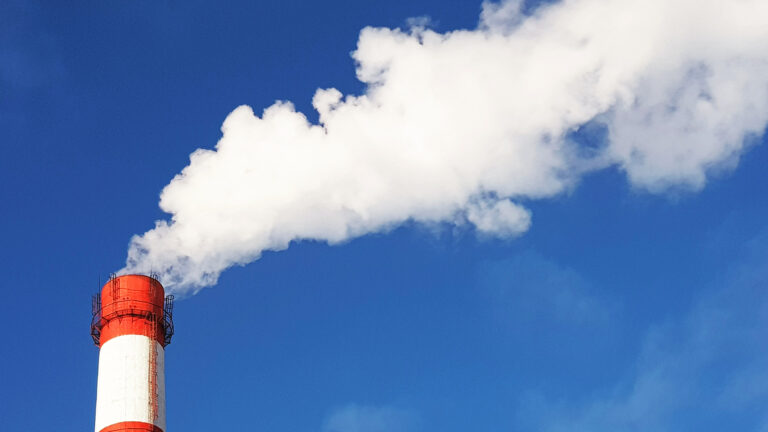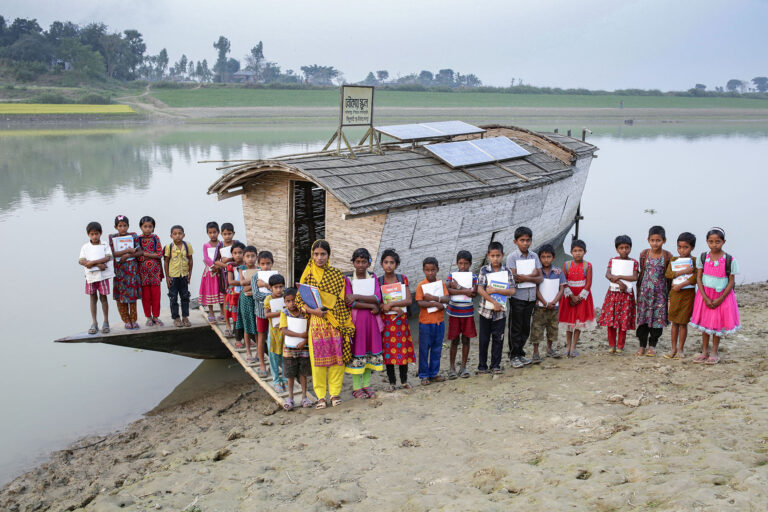Carbon offsetting is a market-based system that aims to reduce greenhouse gas emissions...Read More
Everyone has the right to food.
Under the International Covenant on Economic, Social and Cultural Rights (ICESCR), signed and ratified by 171 countries, everyone has the right to food.
Climate change is already a leading cause of hunger, second only to conflict, according to the World Food Program. Foreseeable climate change driven phenomena, including changes in precipitation patterns, desertification or salinization of land, droughts and floods, loss of arable land due to rising sea levels, and extreme weather events, will combine to greatly exacerbate existing threats to food security, particularly in regions of Asia, Africa, South America, and island states. Climate change is already causing famine in parts of the world, and while agriculture may actually benefit in some northern areas, food security is likely to decline significantly across most of those regions. In the absence of timely mitigation and adaptation measures, these regions may face starvation and/or severe hunger with tragic regularity.
Photo Credit: The Sahel Food Crisis: A woman in Mauritania works long hours in a community garden to tend crops threatened by drought. Photo by Pablo Tosco/Oxfam (CC BY-NC-ND 2.0).

